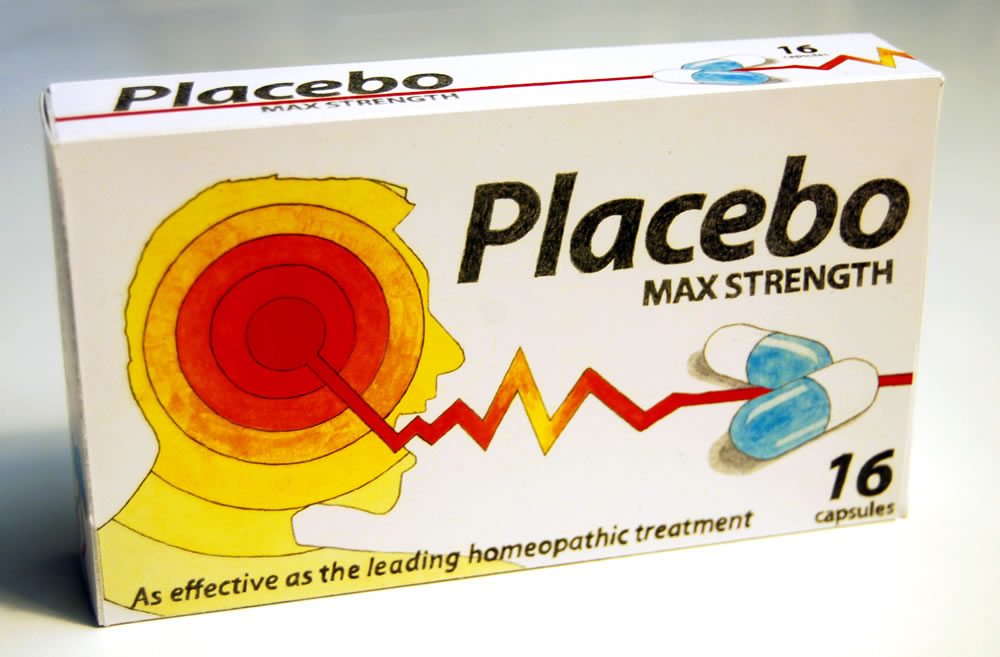Category: Clinical Trials
Anesthesia-Assisted Rapid Opioid Detox
Opioids are widely available as prescription drugs for pain: hydrocodone (e.g., Vicodin), oxycodone (e.g., OxyContin, Percocet), morphine (e.g., Kadian, Avinza), and codeine. Heroin, which has no medically approved use, is also an opioid. Unfortunately, opioids are also widely abused. How enticing it is to imagine a magic bullet for opioid drug addiction. Addiction causes huge social problems. Yet it is hard to...

Integrative medicine, naturopathy, and David Katz’s “more fluid concept of evidence”
Dr. David Katz is undoubtedly a heavy hitter in the brave new world of “integrative medicine,” a specialty that seeks to “integrate” pseudoscience with science, nonsense, with sense, and quackery with real medicine. In fairness, that’s not the way physicians like Dr. Katz see it. Rather, they see it as “integrating” the “best of both worlds” to the benefit of patients. However,...
How should the FDA regulate homeopathic remedies?
The FDA announced recently that it is holding a public hearing on April 21 and 22, to obtain information and comments from stakeholders about the current use of human drug and biological products labeled as homeopathic, as well as the Agency’s regulatory framework for such products. These products include prescription drugs and biological products labeled as homeopathic and over-the-counter (OTC) drugs labeled...

Clinical trials of homeopathy versus “respect for science”
A few months ago, Steve Novella and I published an article in Trends in Molecular Medicine entitled “Clinical trials of integrative medicine: testing whether magic works?” It was our first foray together into publishing commentary about science-based medicine versus evidence-based medicine, using a topic that we’ve both written extensively about over the years on this blog and our respective personal blogs. Specifically,...
Psychology Journal Bans Significance Testing
This is perhaps the first real crack in the wall for the almost-universal use of the null hypothesis significance testing procedure (NHSTP). The journal, Basic and Applied Social Psychology (BASP), has banned the use of NHSTP and related statistical procedures from their journal. They previously had stated that use of these statistical methods was no longer required but can be optional included....

Placebo, Are You There?
By Jean Brissonnet, translation by Harriet Hall Note: This was originally published as “Placebo, es-tu là?” in Science et pseudo-sciences 294, p. 38-48. January 2011. It came to my attention in the course of an e-mail correspondence with the editors of that magazine, where one of my own articles was published in French translation in January 2015. I thought this was the...
2015 NHIS Report on Complementary Health Approaches (whatever that means)
Back in 2004, data from the 2002 National Health Interview Survey (NHIS) appeared in a report titled “Complementary and Alternative Medicine Use Among Adults: United States, 2002.” It showed a whopping 62% of adults had used CAM in the past 12 months, but only if prayer for health reasons was included. With prayer excluded, the percentage was substantially lower, at 35%. “CAM”...
Glucosamine Update
Osteoarthritis, the “wear-and-tear” type of arthritis, affects a great many of us as we grow older. Knee pain is a common symptom. The diet supplements glucosamine and chondroitin have been proposed as a more “natural” treatment than pharmaceuticals, and they are components of a number of proprietary “joint health” formulations like Osteo Bi-Flex. The GAIT study (Glucosamine/Chondroitin Arthritis Intervention Trial), compared glucosamine,...
A Scientist in Wonderland
Edzard Ernst is one of those rare people who dare to question their own beliefs, look at the evidence without bias, and change their minds. He went from practicing alternative medicine to questioning it, to researching it, to becoming its most prolific critic. I have long admired his work, and I finally met him in person when we were invited to speak...

